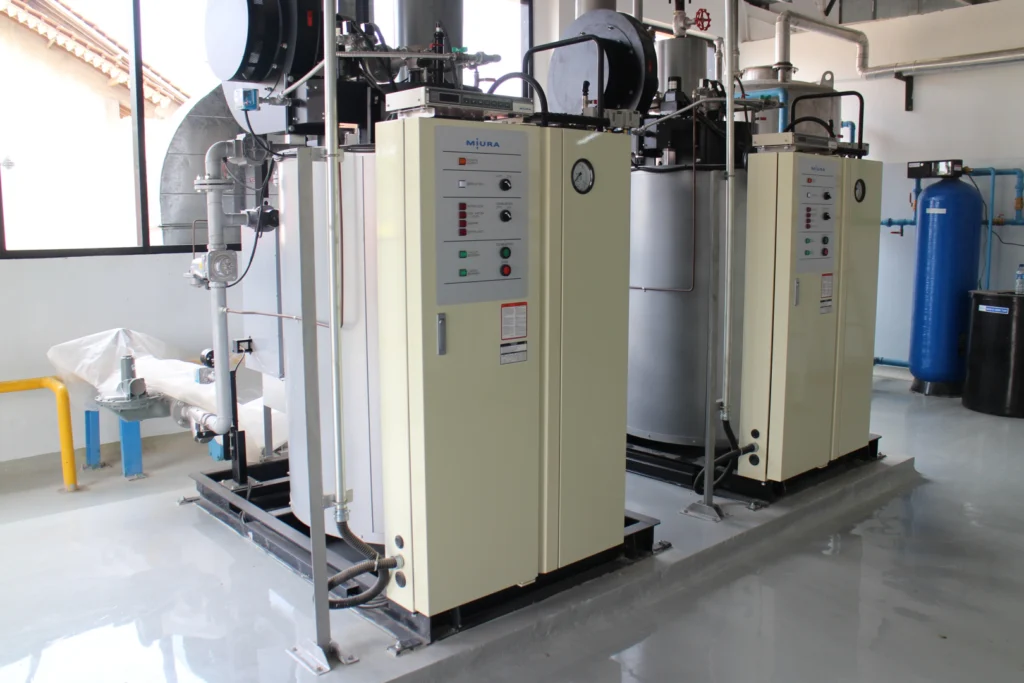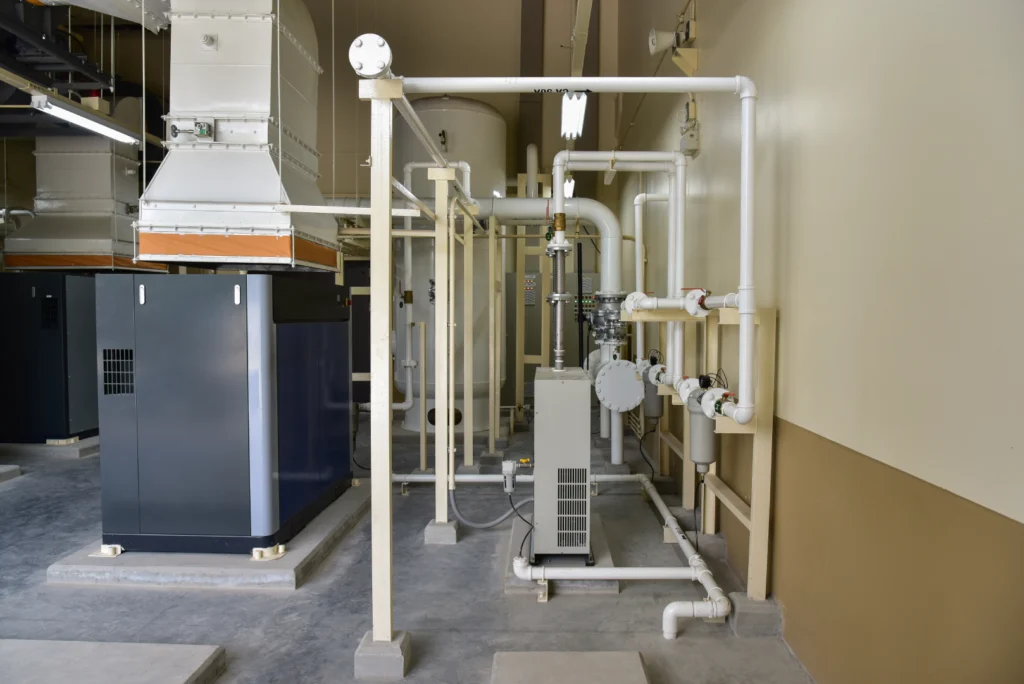
If you own a home in New York, you know our winters are brutal. That damp chill from Long Island Sound or the biting wind off Lake Ontario demands a heating system you can count on.
This isn’t about fancy specs; it’s about finding the best heating system to keep your family warm without breaking the bank. So, let’s settle the great debate: boiler or furnace?
We’re going to walk through this like neighbors over a fence. I’ll break down how each one works, where they shine, and where they might cause you a headache. By the end, you’ll know exactly which direction to go for your NY home.
How They Work: It’s Simpler Than You Think
- The Heart of a Boiler System
Think of a boiler heating system as your home’s circulatory system. It heats water. That hot water or steam then travels through pipes to radiators, baseboard heaters, or even tubes under your floors. The heat radiates out, warming the people and objects in the room directly. It’s a steady, even warmth that doesn’t blow dust around. For many, this is the pinnacle of home comfort, especially in a cold climate.
- The Basics of a Furnace System
A furnace heating system is more like a powerful lung. It sucks in air, heats it with a flame or electric element, and then a strong blower forces that warm air through a network of ducts and vents into your rooms. It’s fast and effective. The huge plus? That same ductwork is what you need for central air conditioning in the summer.
The Showdown: Boiler vs. Furnace for Your Home
Let’s get into the nitty-gritty of the difference between boiler and furnace. This is where you’ll see which one fits your life.
- The Comfort Factor
This is the big one. How does it feel? Boilers give you radiant heat. It’s that deep, cozy warmth that doesn’t create drafts or dry out the air. You won’t have hot and cold spots. For pure comfort, it’s hard to beat and is often a top choice for old homes NY.
Furnaces provide forced air heat. It heats up a room quickly, but the air can feel drier. The blast from the vents can stir up dust, which is a point to consider if anyone has allergies.
- The Cost Conversation
Your budget matters. Here’s the real deal on boiler vs furnace cost. Upfront, a furnace is usually cheaper to install, especially if your house already has ductwork. A boiler installation can be more complex and expensive.
However, many find that a boiler’s superior boiler vs furnace efficiency leads to lower monthly bills, especially with today’s high efficiency boilers. Water holds heat longer than air, so the system isn’t constantly turning on and off.
- Maintenance & Lifespan
Boilers are pretty quiet and have fewer moving parts. A well-maintained boiler can last 20-30 years. You need to watch for leaks and keep the pressure right.
Furnaces need more regular attention. You must change the air filter every few months, and the blower motor has more wear and tear. Expect a lifespan of 15-20 years.

So, Which is the Best Heating System for a NY Home?
There’s no one-size-fits-all answer. The best heating system for NY homes depends on your specific situation. Let’s break it down.
You Might Lean Toward a Boiler If:
- Your house doesn’t have existing ductwork
- Someone in your home suffers from allergies or asthma (better for allergies).
- You absolutely hate noise and want the quietest system (boiler vs furnace noise level).
- You prefer that even, radiant warmth and don’t mind a higher upfront cost.
A Furnace Could Be Your Winner If:
- Your home already has ductwork in good shape.
- You want a single system that can handle both heating and AC.
- You need a lower initial installation cost.
- You want your home to heat up very quickly.
Don’t forget to check for energy efficient heating systems NY rebates from NYSERDA or your local utility company. They can offer serious cash back on qualifying units, making a more efficient system more affordable.
Conclusion:
Choosing between a gas boiler vs gas furnace or an oil boiler vs oil furnace is a big decision. The best heating system is the one that matches your home, your budget, and your comfort needs.
My best advice? Talk to a trusted local HVAC pro. They can look at your house, your existing setup, and give you honest advice. They’ll help you weigh the pros and cons of boiler heating against the pros and cons of furnace heating for your specific property.
Make the choice that lets you forget about the winter weather and just enjoy being warm at home.
Frequently Asked Questions
What is the main difference between a boiler and a furnace?
Boilers heat water for radiant warmth. Furnaces heat air and blow it through ducts.
Which is more efficient, a boiler or a furnace?
Generally, boilers have higher efficiency ratings because water holds heat better than air, leading to less energy waste.
Is it worth it to replace my boiler with a furnace?
It can be a big project requiring new ductwork. It’s usually only worth it if you also want central air conditioning.
How long can I expect my new system to last?
A quality boiler can last 25+ years. A furnace typically lasts 15-20 years with proper maintenance.
Which system is better for indoor air quality?
Boilers are superior for air quality as they don’t blow air around, which keeps dust and allergens from circulating.
Are furnaces noisy?
You will hear a furnace when the blower fan turns on. Modern models are much quieter, but boilers are virtually silent.
Can I add central air to a boiler system?
Not easily. You would need to install a separate, ducted system for air conditioning, which can be costly.
What fuel options do I have?
Both systems can run on natural gas, oil, or electricity. Your choice often depends on what’s available in your area.
How do I know what size system I need?
An HVAC professional performs a “load calculation” to determine the perfect size for your home’s layout and insulation. Never guess on size!
Where can I find rebates in New York?
Check the NYSERDA website and the sites of your local utility providers like Temperature Zone for current incentives on energy efficient heating systems.